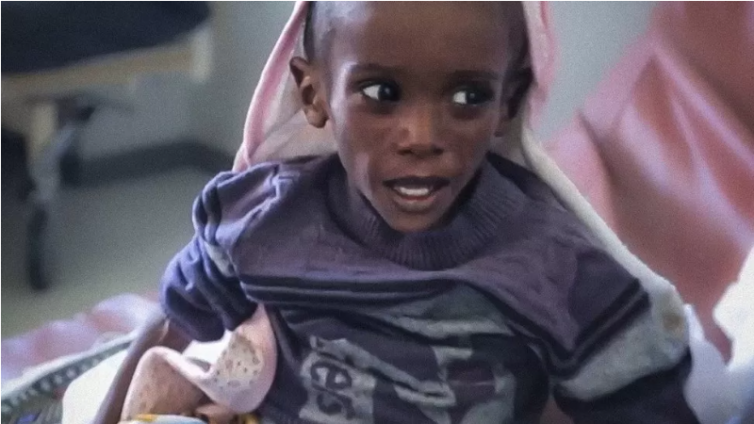Little Haftom is nearly five years old.
His name means "wealthy" in the Tigriyna language but he weighs just half what he should.
As the doctor pulls up his jumper and tracksuit bottoms to show his spindly arms and legs, his mother looks on impassively.
She does not want to give her name.
This is the daily reality of hunger and malnutrition after two years of civil war in the northern Ethiopia region of Tigray. A peace deal has ended the fighting but the fallout from the conflict remains.
In August, the UN estimated that nearly one in three children under the age of five in Tigray were malnourished.
As federal government soldiers and Tigrayan forces fought, the Ethiopian authorities either limited or heavily restricted the aid getting into the northern region, leading to an effective blockade.
'Empty-handed'
Makda, who is the same age as the conflict itself, lies like a baby in the arms of her mother Hiwot.
She is listless and her stomach is heavily swollen.
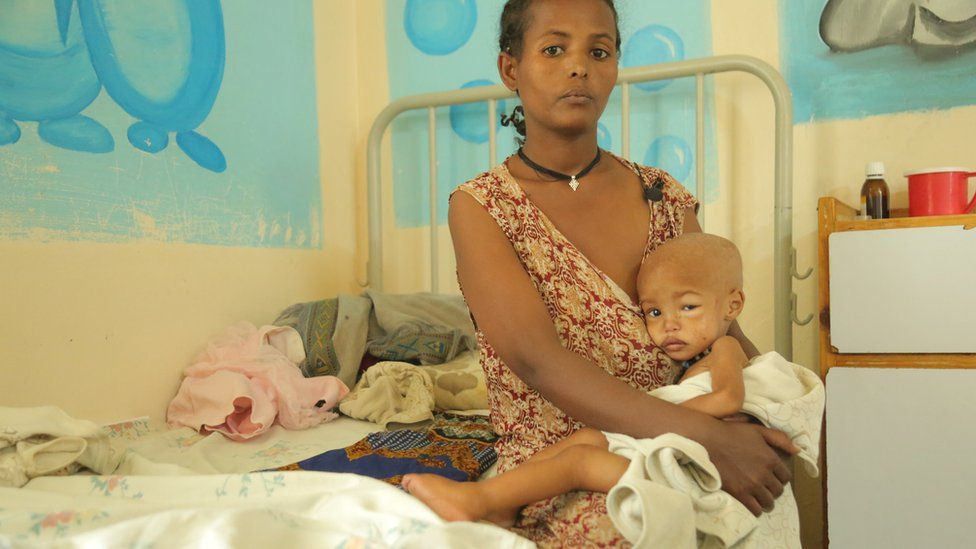
"It's become so difficult to get food," says Hiwot. "It's very hard to eat even once a day."
But since she was admitted to hospital, Makda has been getting worse.
"My daughter is in this situation because we're told there is no medicine. We haven't been able to get anything," says Hiwot.
"Even when we were here last year with the same problem, I couldn't get anything and I went home empty-handed."
The families of Haftom and Makda have been seeking treatment in Mekelle, the capital of the Tigray region. The BBC filmed and interviewed them within the past month.
After August, as federal government forces took more territory, the Tigrayan authorities agreed to a ceasefire.
Under the terms of the peace deal signed at the beginning of last month, the authorities in the capital, Addis Ababa, said they would send in more aid.
'Used up in a day'
Dr Kibrom Gebreselassie has been a surgeon at Ayder Referral Hospital for 15 years.
It is the biggest public hospital in the region which is home to seven million people.
"To see young children and mothers suffer and cry every day, it's traumatising," says Dr Kibrom.
"A lot of children have died in our hospital because once a child has malnutrition, it's not only food you have to give them. They need medication, antibiotics, minerals... and we don't have this."
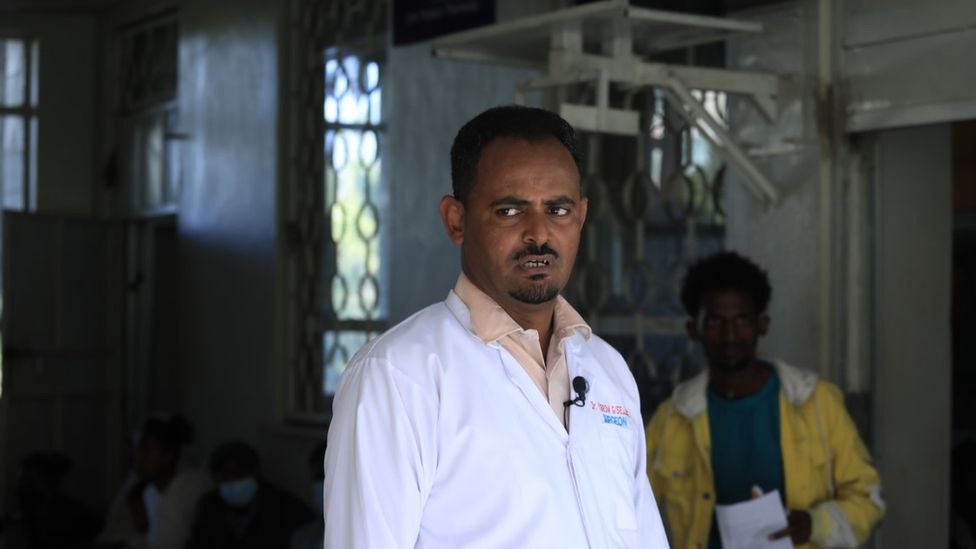
Some of what is needed seems to be arriving but not nearly enough.
Dr Kibrom says two trucks with medical supplies from the International Committee of the Red Cross (ICRC) were the first to reach Mekelle.
"The amount of medicine that we received was enough for half of our patients and only lasted for a single day," he sighs.
For each day that aid does not get to the hospital, more patients die.
"Take cancer patients, the situation is very grim. There has been no chemotherapy in the entire Tigray," says Dr Kibrom.
"Each day, each week, each month, the stage of their cancer worsens.
"If it was treatable before, now it's becoming inoperable. For those very sick individuals each day, each hour counts."
Aid effort
From mid-November to the first week of December, the Ethiopian government and aid agencies have managed to send more than 1,600 trucks through carrying food, shelter and medical supplies, the UN humanitarian office has said.
The ICRC, itself, says it has sent at least 38 trucks to Mekelle since the middle of November, and more is on its way.
"Efforts are being made by all humanitarian actors but it's not enough compared to the scale of the need," says Jude Fuhnwi, ICRC spokesperson in Ethiopia.
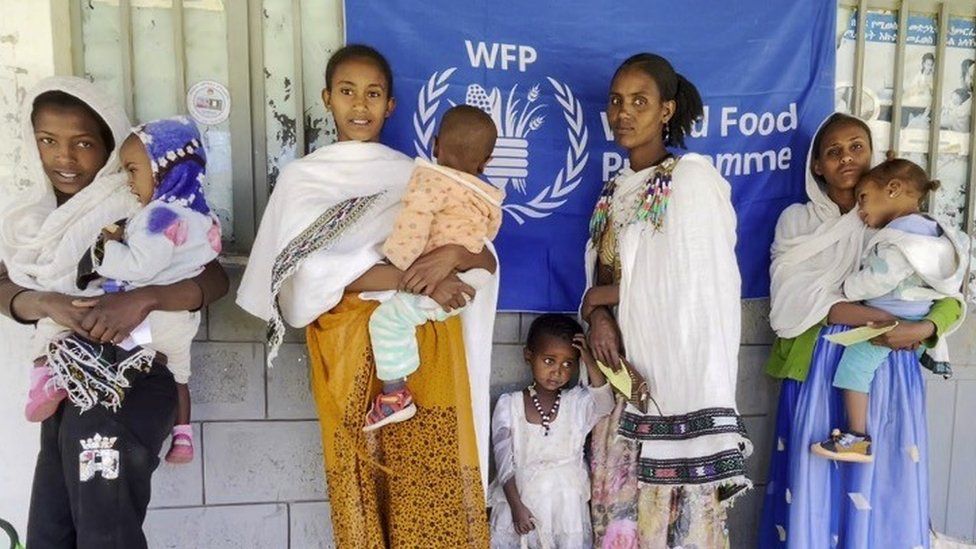
And those needs are immense.
The UN's World Food Programme (WFP) has a target of getting emergency food aid to 2.1 million people in Tigray over the next six months.
"A lot has improved since the peace deal," says Claude Jibidar, WFP representative and Ethiopia country director.
"After two years of conflict, we don't expect to go back to normal overnight."
Mekelle remains under the control of the Tigrayan government though federal forces control areas in the north around Shire.
In a different department of Ayder hospital, Fikadu Jember, a retired teacher, describes how he has not been able to get medicine to treat his diabetes for the past three months.
"When we come here for treatment, most of the equipment is not functional. We're trying everywhere, but there's nothing because of the blockade," he says.
"Many people are dying because of this. After the peace agreement was signed, we were hopeful we would get medicine but nothing has arrived yet."
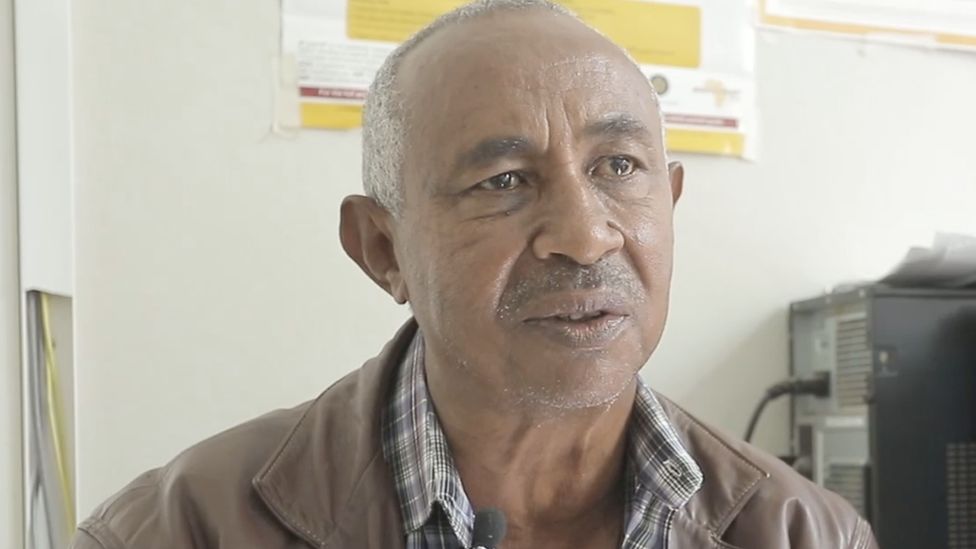
Doctors lack the most basic supplies.
"We don't have enough gloves to do surgery. We have to re-wash and re-use them up to three times," says Dr Kibrom.
"We can't do any transfusions because we don't have blood bags. So, if we know a patient is going to need a transfusion, we just don't do the surgery," he adds.
Electricity restored
A doctor at the same Ayder hospital who wishes to remain anonymous says they are receiving minimal medical supplies.
"The hospital is full of wounded soldiers and civilian patients," the doctor says. "Most are not being assisted."
They say the only positive thing the federal authorities have done is to restore electricity to Mekelle.
The hospital recently tweeted that HIV drugs and test kits had started to arrive.
But the most vulnerable have paid the highest price.
"I want a better future for her," says Makda's mother Hiwot. "It's all I can think about."
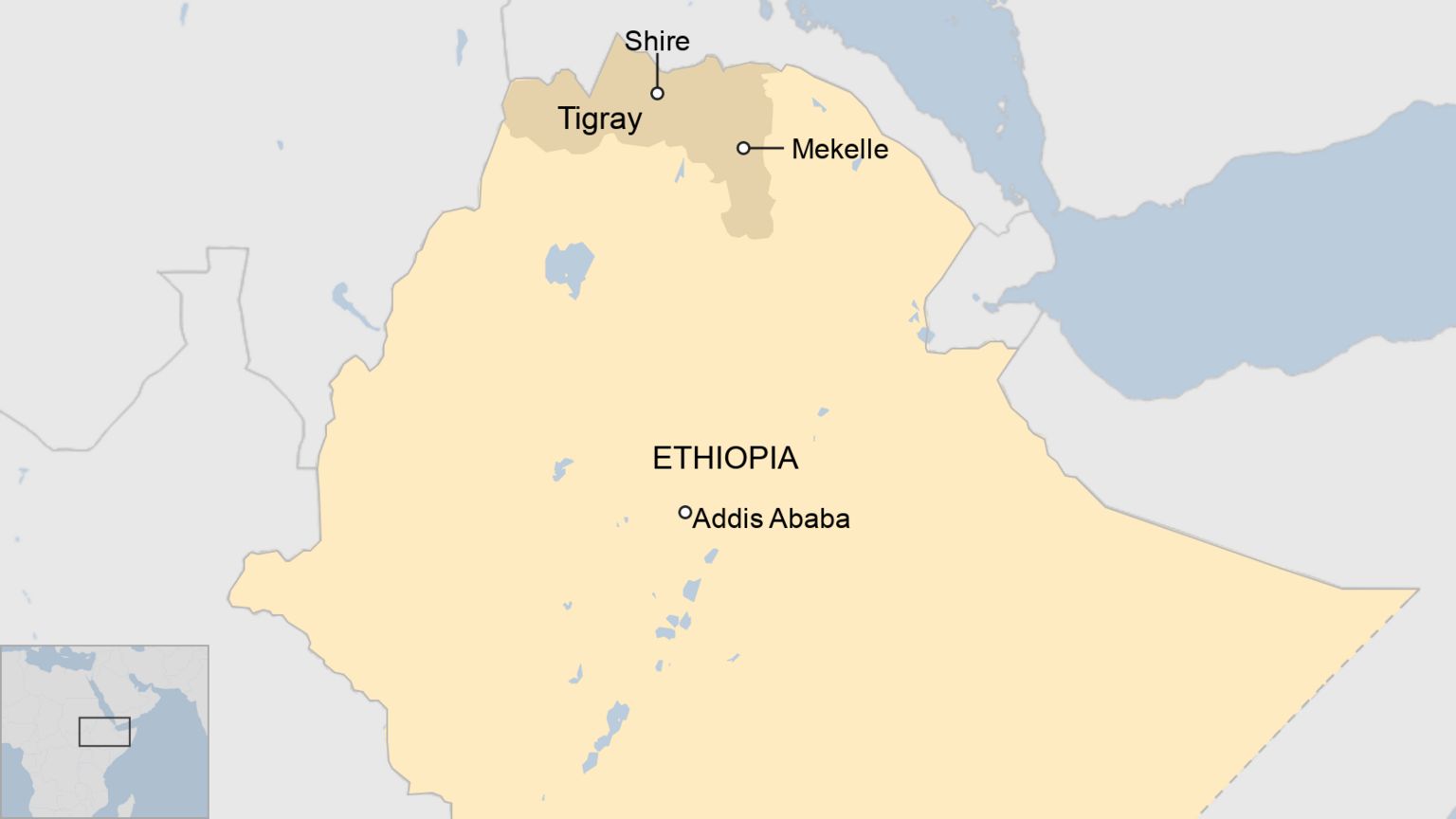
Latest Stories
-
First black Premier League referee Rennie dies aged 65
3 hours -
Trump’s travel ban on Togo, other 11 countries goes into effect today
3 hours -
US and China set to meet for trade talks in London
3 hours -
Italy citizenship referendum: ‘I was born here – but feel rejected’
3 hours -
Trump’s intervention in LA is a political fight he is eager to have
4 hours -
Magnitude 6.5 earthquake strikes Colombia
4 hours -
British soldier arrested in Kenya over rape allegation
4 hours -
Trump-Musk row heightens fears over NASA budget cuts
4 hours -
Rwanda pulls out of regional bloc over DR Congo row
4 hours -
William warns ocean life ‘diminishing before our eyes’
5 hours -
When Gold Becomes Poison, and the Foolish Cut Down the Tree with the Shade
5 hours -
England ‘got away with it’ against Andorra – Kane
6 hours -
Tottenham return is unrealistic – Pochettino
6 hours -
Dortmund agree £31m deal to sign Sunderland’s Bellingham
6 hours -
Italy’s Spalletti reveals own sacking in news conference
6 hours

